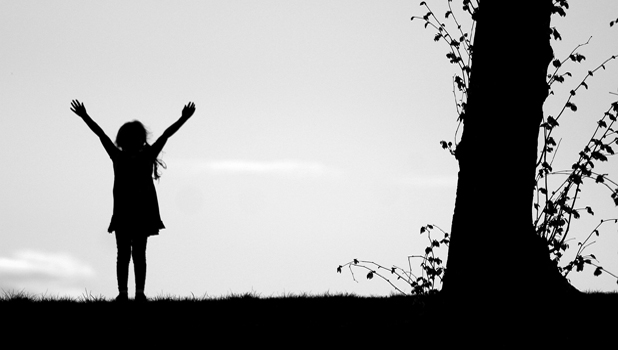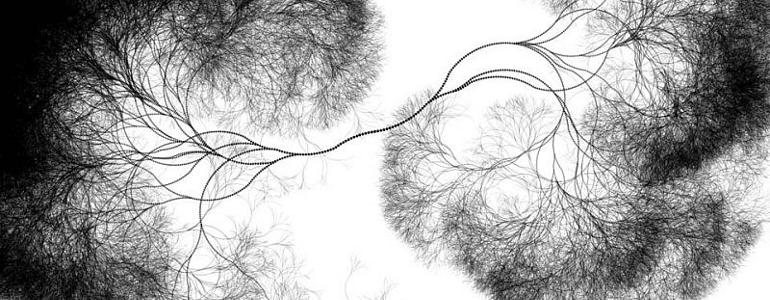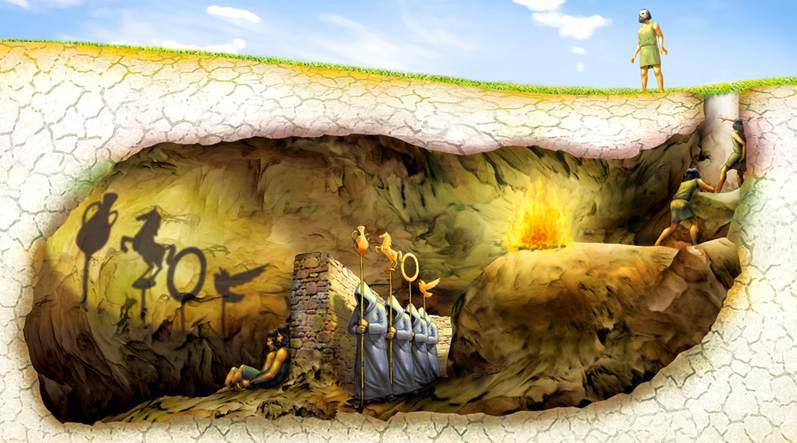Could there be a single underlaying reason to explain the economic disparities between developed and developing countries? Read on as I explore this very grey area of economics.
“Correlation may not necessarily mean causation”
Whilst the above statement is true in all its might, correlation between a country’s ecological zone and its economic development may have a strong causation towards the economic disparity we see in our world today.
Let’s explore this phenomena a little further:
Below is the extent of the Temperate Zone-
The northern temperate zone extends from the Tropic of Cancer to the Arctic Circle. The southern temperate zone extends from the Tropic of Capricorn to the Antarctic Circle. Europe and large parts of the Americas, Australia, southern Africa, and Russia lie within the temperate zones.
And this is of the Tropical Zone-
The Tropical zone consists of North America (Mexico), Central America, South America, Caribbean, Central Africa, East Africa, West Africa, South East Asia, India.
Notice an interesting pattern?
The temperate zone consists of some of the most developed nations of the 21st century (we’ll dwell on that a little later). The Tropical zone consists of some of the most underdeveloped or developing nations of our world. So what’s happening? There is an unmissable trend here, but does this get accounted for whilst planning global economic development? Well, in the most limited capacity. The below statistic should put things into perspective-
“In 1820, GNP per capita in the tropical regions was roughly 70 percent of GNP in the temperate-zone. By 1992, GNP per capita in the tropical regions was 25 percent of that in the temperate-zone.” – The National Bureau of Economic Research
A tropical climate leads to underdevelopment due to a few reasons-
• Proliferation of diseases owing to the nature of the climate (hot & humid)
• Sustainable weather allowing most to survive but not at their optimum
• Heat and humidity causing lower productivity
In fact there are multiple research studies that indicate a compromised working capacity when in hotter temperatures. As stated in a research paper by Harvard Business School “Bad weather increases individual productivity by eliminating potential cognitive distractions resulting from good weather”
[On a side note –> Q. Why do you think our corporate offices ensure that the temperatures are always a little below optimum level? A. To boost productivity of course!]
This phenomena is ingrained in the very mettle of these countries. Its much worse when the country is tropical and land locked. Being land locked takes away the possibility of trade via sea resulting in crippled economies. For example in the African region countries like Chad, Mali, Niger & Central African Republic are struggling with a stagnated economic growth and GDP per capita of below $1000. This means, keeping disparities within the economy apart, each person in the countries mentioned above have a daily income of $2-3. The situation is worse in regions like Central African Republic where the GDP per capita can be as low as $300, allowing the citizens to earn just a little over $1 as a daily wage.
Now coming to the temperate zone, logic says a cold climate is assertively less sustainable to life when compared to a humid climate. That’s the truth but that is also what gives this climate its victory point. Amongst other factors the sheer nature of this climate dictates a “Survival of the fittest” attitude. It will by way of nature weed out all the riff-raff and only keep the ones that can remain productive and warm. Once the weak links are weeded out, then comes spring which is their prize for having survived the tough weather. Owing to global warming, conditions are a lot different now but this process has already put these countries on a forward step.
Apply this entire phenomena to a pre-colonisation era. Locals of the temperate zones had 2 options – become strong and fight the cold or become smart and avert the cold, case in point example is that of the Vikings from the Scandinavian countries. They are the very child of surviving cold and tough weather conditions. What do you think made the British move out of their homeland and look at colonising other regions? – Well, as starters for the Sun of course! And a hope of finding sustainable conditions in their harsh winters. The driving factor, at all times, was if they don’t move fast enough, build fast enough, evolve fast enough they fear extinction.
The Mixed breeds:
China is tropical in the south and subarctic in the north. A conjecture here could be that this might be the reason behind China’s fragile economy. But of course this is only a conjecture but provides plenty room for further research. Another mixed breed is Japan, whilst Japan is predominantly temperate, parts of it are subtropical.
Exception to the rule: THE MIDDLE EAST! Not all of it, but the UAE, Saudi Arabia, Qatar, Kuwait, Oman, they have found oil and they have not looked back. Strategic collusion of the Emirates to ensure a well facilitated trade has only furthered their economic aspirations.
Ok. This is great but now what?
Well not much. All of this is only to highlight a very common yet often overlooked phenomena. Whilst global warming might be making many lines blurry, the ecological zones of each of the countries are embedded in their ethos. They reflect as silent causations in their history, literature, art and development and should start reflecting in the world’s global development planning as well. World Economic Forum, are you listening?
Further Reading:
http://www.nber.org/digest/jun01/w8119.html
Click to access 13-005.pdf





